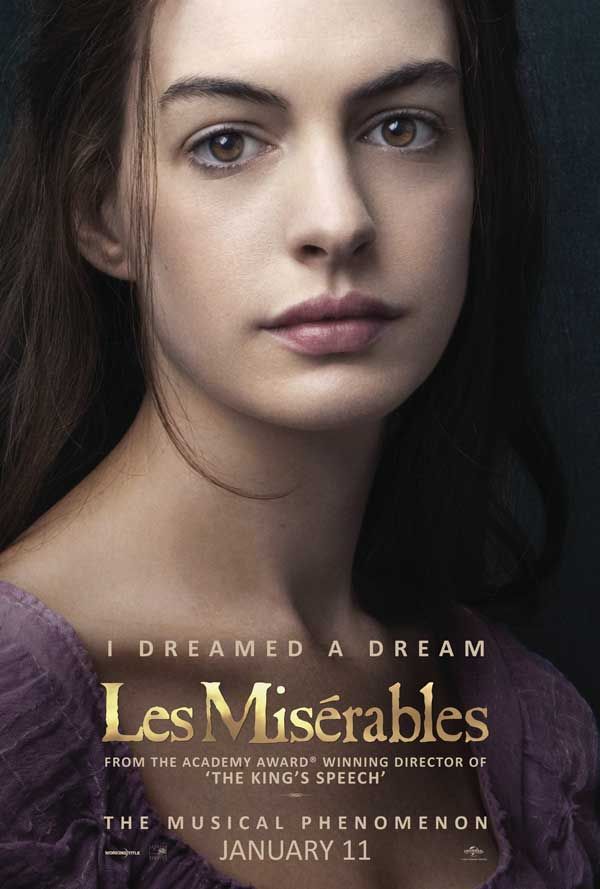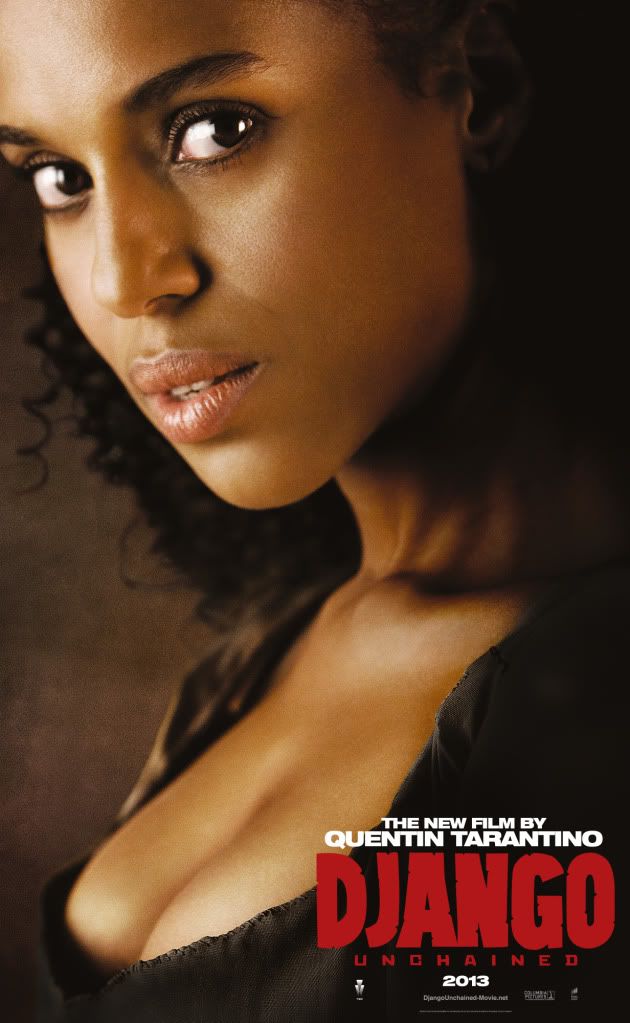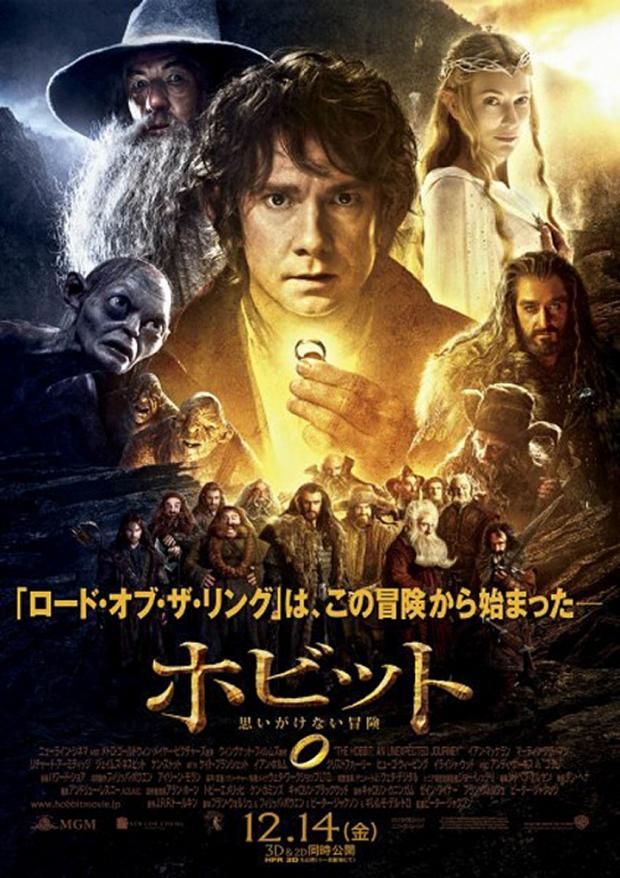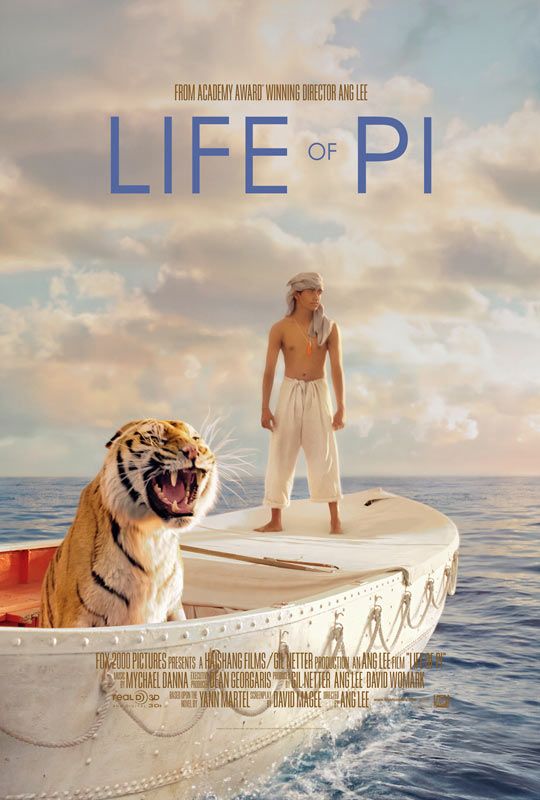Let me begin by admitting that I'm a relative newcomer when it comes to musicals, Broadway or otherwise. With the notable exceptions of 'Grease' and 'The Rocky Horror Picture Show,' it wasn't until the Oscar winning 'Chicago' in 2002 that I took any kind of interest in the genre, and even then I've only watched a few, and they're either on the quirky ('Across the Universe') or light-hearted ('The Producers,' 'Hairspray' starring John Travolta and 'Rock of Ages') side.
Having missed the 1998 'Les Misérables' starring Liam Neeson, Geoffrey Rush, Uma Thurman and Claire Danes, I can't say that the current version starring Hugh Jackman, Russell Crowe, Anne Hathaway, and Amanda Seyfried is superior. Nevertheless, I came away from this moving tale of love, hope, sacrifice, duty, and redemption set in the sprawling backdrop of 19th century France with a newfound respect for the emotive power of storytelling through music. Nearly every song in 'Les Misérables' is filled with such heartfelt emotions that you cannot help but feel the pain and sorrow of its downtrodden characters: Jean Valjean, Fantine, Cosette, Éponine, and even Javert. Although its themes of social justice and societal passions remained the same as the Victor Hugo novel on which it is based, the movie's strength lies in its compassion and empathy for the plight of the less fortunate.
Anne Hathaway and Amanda Seyfried shined as mother and daughter Fantine and Cosette, respectively, but I was also impressed with Samantha Bark's Éponine, whose unrequited love for Marius (Eddie Redmayne) was one of the most heart-breaking subplots in the movie. Hugh Jackman, who hosted Tony Awards and is no stranger to the Broadway scene, sang admirably as well, while Russell Crowe's Javert sang within his limits and held his own.
I won't lie to you, at over two and a half hours 'Les Misérables' did test my patience more than once, but like Jean Valjean, it ultimately redeemed itself with its compassion and heart in the end.
Grade: A-
I guess you can say I'm a 'fan' of Fantine.
Grade: A-
I guess you can say I'm a 'fan' of Fantine.





